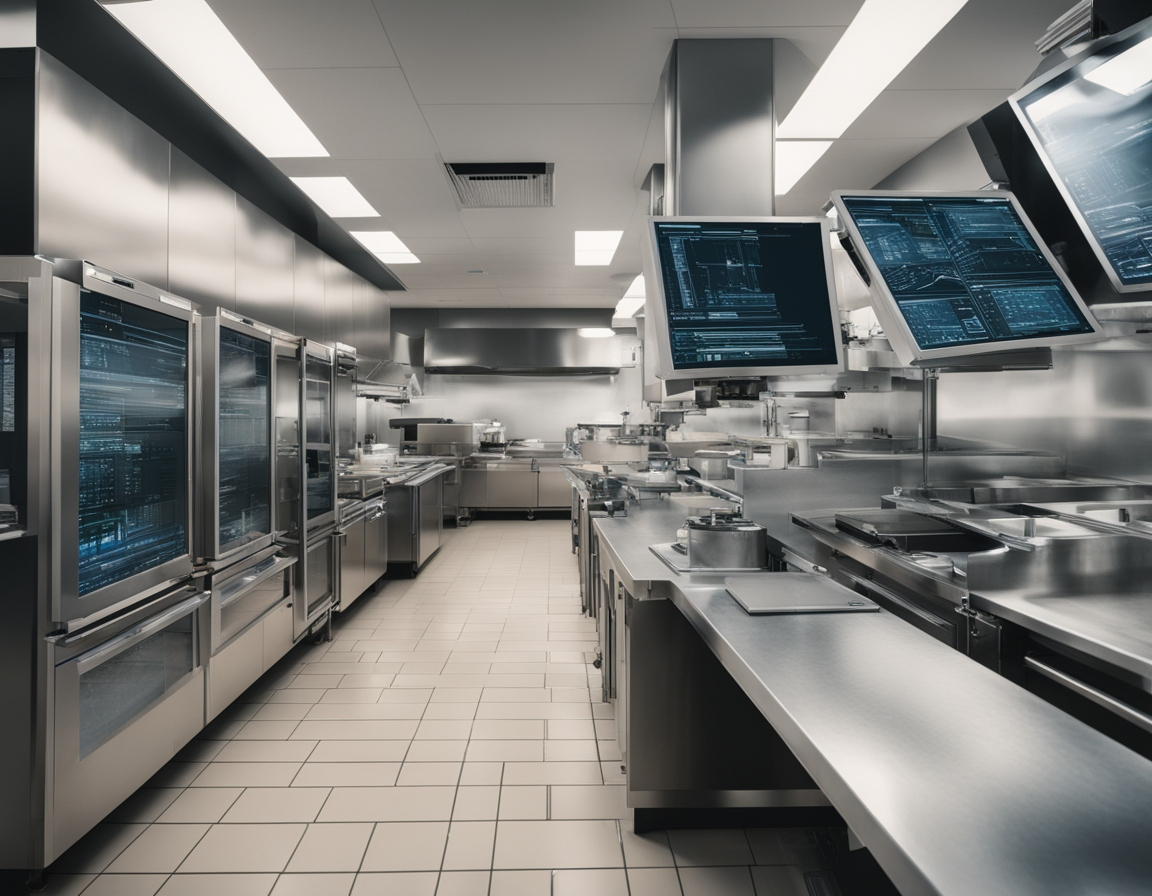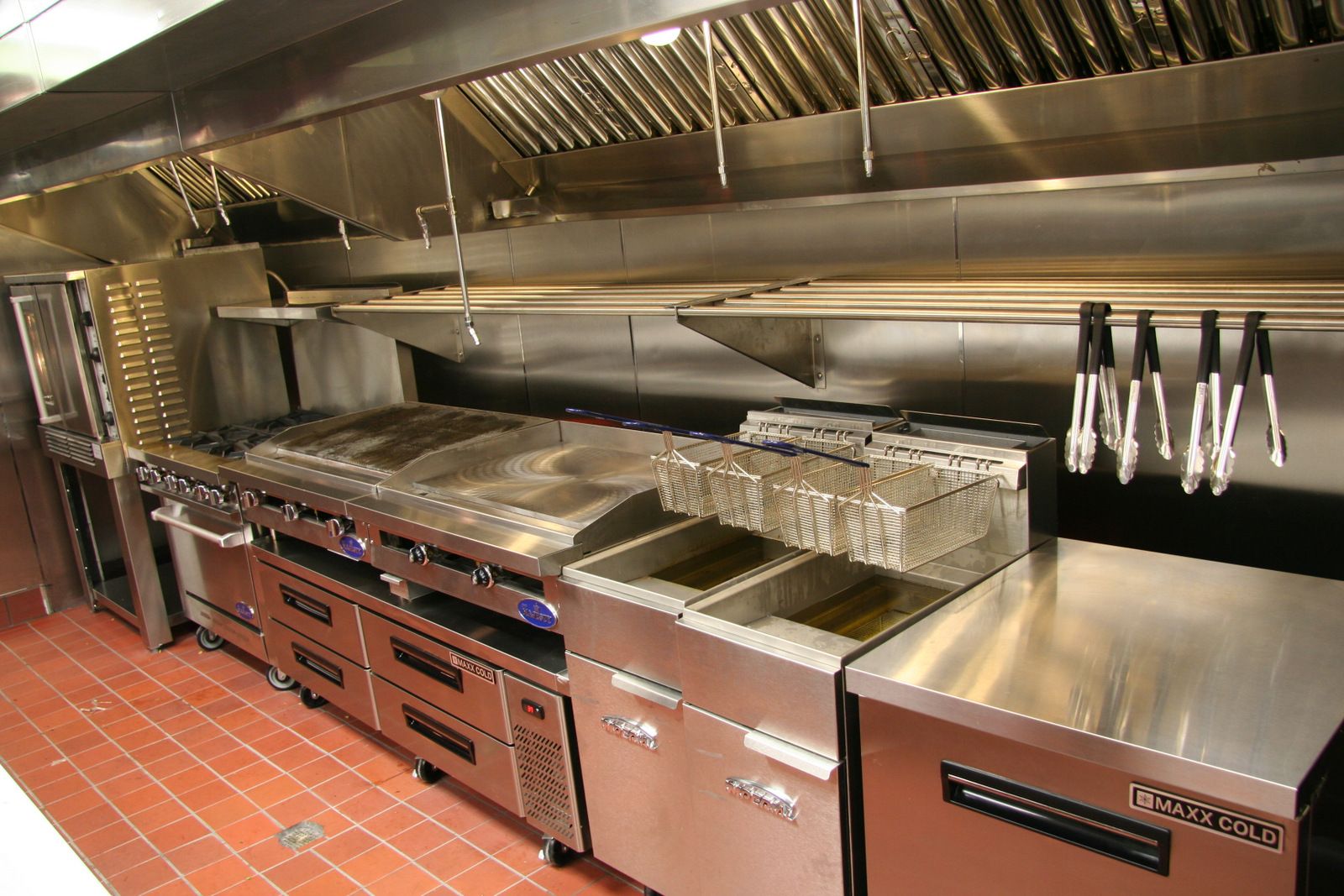In the world of software development, we often draw parallels to other disciplines to better understand and explain our craft. Today, let's explore how maintaining a codebase is much like running a professional kitchen. Just as the beloved animated film "Ratatouille" showed us the importance of passion and cleanliness in cooking, we'll see how these same principles apply to coding.

Daily Cleaning: The Foundation of Excellence
What's the first rule in any kitchen? Clean as you go. In coding, this translates to regular maintenance of your codebase. Just as a chef wipes down counters and washes utensils throughout their shift, developers need to refactor code, update documentation, and address small issues as they arise. This ongoing care prevents the accumulation of technical debt and keeps your digital workspace tidy and efficient.
The Importance of Deep Cleaning
High-end restaurants often dedicate entire days to deep cleaning, and your development team should follow suit. Schedule regular "cleanup sprints" where the team focuses solely on addressing technical debt, optimizing performance, and improving code quality. This investment of time pays dividends in the long run, much like how a spotless kitchen ensures smooth operations during busy service hours.
Beware the Consequences of Neglect
Neglecting cleanliness in either a kitchen or a codebase can lead to serious problems. In software, failing to maintain your code can result in the accumulation of bugs, security vulnerabilities, and performance issues. These are the digital equivalent of a dirty kitchen attracting pests or fostering the growth of harmful bacteria.
The Grease Trap: A Metaphor for Hidden Dangers
In a kitchen, the grease trap in a vent hood is a crucial yet often overlooked component. Hidden above the cooking area, it silently performs the vital task of preventing fires by capturing oils and grease particles before they enter the ventilation system. Similarly, in your codebase, there are elements that work behind the scenes to maintain the health and security of your software. These can include security protocols, error handling mechanisms, or data validation processes.
Just as a neglected grease trap can lead to devastating kitchen fires, ignoring these less visible aspects of your codebase can result in catastrophic failures. For instance, outdated security measures might leave your system vulnerable to data breaches, while poorly maintained error handling could cause your application to crash unexpectedly. These are the digital equivalents of a kitchen fire - sudden, destructive, and often preventable.
To protect against these hidden threats, regular maintenance is key. In a kitchen, this means cleaning the grease trap periodically. In your codebase, it translates to conducting regular security audits, updating dependencies, and performing thorough testing. These practices act as your first line of defence, helping to identify and address potential issues before they escalate into major problems.
Remember, just as a clean grease trap ensures the smooth operation of a kitchen, well-maintained 'hidden' systems in your codebase contribute to the overall health and reliability of your software. By giving these less visible components the attention they deserve, you can prevent many of the 'fires' that could otherwise disrupt your digital operations.
A Cautionary Tale
Let's consider a cautionary tale from the restaurant industry that illustrates the importance of maintaining critical systems in both kitchens and codebases. Imagine a bustling restaurant where the management decided to cut costs by neglecting regular maintenance of their kitchen hood system. This seemingly minor oversight led to a cascade of problems that paralyzed their operations.

One busy evening, the poorly maintained hood failed to properly ventilate the kitchen. As a result, heat and smoke began to accumulate rapidly. The rising temperature triggered the restaurant's sprinkler system, drenching the entire kitchen. Not only did this ruin all the food in preparation, but it also forced the restaurant to shut down for several days for cleanup and repairs.
This scenario draws a striking parallel to the world of software development. Just as the restaurant's hood system was a critical but often overlooked component, codebases have their own "hidden" systems that require regular attention. These might include security protocols, logging systems, or underlying infrastructures that don't directly produce features but are crucial for smooth operations.
In the software world, neglecting these systems is akin to ignoring critical updates or failing to modernize legacy code. The consequences can be equally devastating. For instance, outdated security measures might lead to a data breach, causing extended downtime as the team scrambles to patch vulnerabilities and restore user trust. Similarly, an unmaintained logging system might make it nearly impossible to diagnose and fix a critical bug quickly, leading to prolonged service disruptions.
The lesson here is clear: whether in a kitchen or a codebase, regular maintenance of all systems, even those that seem to be humming along quietly in the background, is crucial. It's an investment that pays off by preventing catastrophic failures and ensuring smooth, uninterrupted operations in the long run.
Sharpen Your Tools
Just as a master chef keeps their knives razor-sharp, developers must constantly hone their tools and skills. This involves staying up-to-date with the latest development practices, much like a chef learning new culinary techniques. Maintaining robust logging and debugging systems is akin to a chef keeping their kitchen equipment in top condition - it ensures smooth operations and helps identify issues quickly.
Continuously improving your development environment is similar to a chef upgrading their kitchen layout for better efficiency. Just as a well-organized kitchen allows for seamless food preparation, a well-maintained development environment facilitates smoother coding processes.
A recent example highlights the importance of this practice: outdated debugging tools in a service that was written in the early stages of a project led to wasted resources and increased difficulty in tracking down a bug. The bug turned out to be quite serious and resulted in revenue being lost. Weeks were spent on the development side trying to wade through the mess of logs and missing information trying to track down the issue, all while users were not able to access the service. This situation is comparable to a chef trying to prepare a complex dish with dull knives and malfunctioning appliances - it's possible, but it's far more time-consuming and frustrating than necessary.
A Recipe for Success
In conclusion, treating your codebase like a professional kitchen can lead to more efficient, secure, and maintainable software. Regular cleaning, deep maintenance sessions, attention to hidden dangers, and keeping your tools sharp are all essential ingredients in the recipe for successful software development. Remember, like the passionate chef Remy from "Ratatouille," your code should not just work, but should be a masterpiece of cleanliness, efficiency, and quality. By embracing these principles, you'll create a digital kitchen that's always ready to serve up excellence.
.png)

